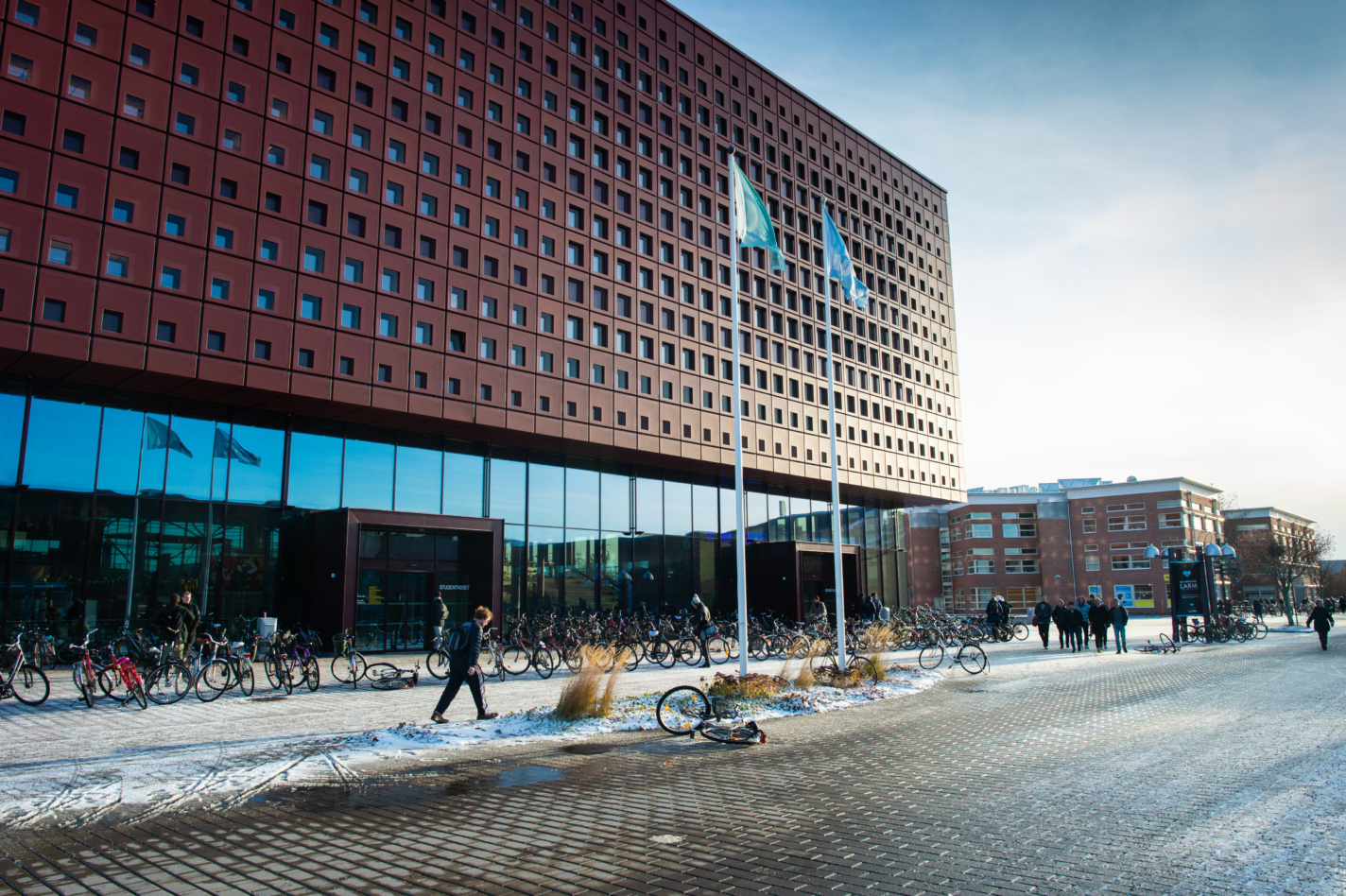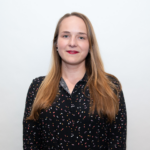May 31, 2024
What to do after your master's?
Hello!
This time has come… As an international student on the verge of completing a Master’s in Experimental and Medical Biosciences, the future may seem both exciting and daunting. I’ve invested years into studying, and now, the next step looms large on the horizon. I’ve considered joining the industry or pursuing a PhD as the next step in my career. Sometimes even exploring other paths was tempting such as moving to the patent industry or forensics. I’ve been thinking about this for nearly two years now, yet there is no perfect answer to it but I will discuss below some important points and in my next post, I will tell you what I actually ended up doing!
A Tough decision
Entering industry
Many graduates opt to enter the industry immediately after their master’s (in Sweden even after their bachelor’s). There are some of the benefits and challenges associated with this path:
- Finances and stability: Securing a job allows for financial stability sooner and you get paid much more than in the academia. This can be particularly important if you have student loans or other financial responsibilities. To give you an example based on my experience… the PhD position gets ~10 000SEK less than a starting bioengineering position in an established Swedish company. This difference may not be as large if you’re entering a small company or a start-up. Moreover, some industry positions, especially in startups or smaller companies, may offer less job security compared to academic roles (it depends on your contract).
- Practical experience: Working in the industry provides hands-on experience and can often lead to faster career progression compared to academia.
- Diverse opportunities: The industry offers a wide range of roles, from research and development to regulatory affairs, sales, and marketing. This diversity allows you to find a niche that suits your skills and interests.
- Networking: Being part of a professional environment helps you build a network that can be crucial for career growth and opportunities.
- Work-Life Balance: Depending on the company and role, work-life balance can vary significantly and sometimes may lean towards higher stress while in academia working overtime is quite common.
- Flexibility: If you have a strong passion for research, industry roles may not offer the same depth or freedom as academic research positions. And this is the last point but so IMPORTANT! This is the largest difference between academia and industry – the freedom of what you do.
Pursuing a PhD
Opting to pursue a PhD is a popular choice for many in the field of biosciences. Here’s what you need to consider:
- In-Depth Expertise: A PhD allows you to become an expert in a specific area of biosciences, contributing original research to the field. But be aware you must commit for 4-5 years to it. It is not an easy path to follow so choosing the project and the group is extremely important.
- Academic Career: If you aim for a career in academia, a PhD is typically essential. It opens doors to postdoctoral positions, lectureships, and eventually, professorships.
- Research Opportunities: PhD programs offer the chance to conduct independent research, often with more freedom to explore innovative ideas.
- Funding: In Sweden, you get paid a regular salary (but look above into finances point)
- Uncertainty: The academic job market can be highly competitive, without guaranteeing a tenure-track position upon completion.
- Workload and Stress: The demands of a PhD program can be intense, requiring long hours and significant dedication to research. If you want to get a PhD just because it sounds cool then, do not. It truly requires commitment. There won’t be anybody patting you on your head and saying “good job” to a mediocre article. You really must strive for the best.
Crafting a Universal CV
Whether you decide to enter the industry or pursue a PhD, having a well-crafted CV is crucial. A universal CV can save you time and effort, allowing you to make minor adjustments for specific applications rather than starting from scratch each time. Here’s how to create a versatile and effective CV:
Structure Your CV Effectively: Remember to include all relevant information such as education, skills (really highlight them), professional associations). There’s plenty of available material online so just go through it and find a layout that works well for you. Use a clean, professional layout. Consistent fonts, bullet points, and clear headings make your CV easy to read. I highly recommend you asking your friends to look at your CV – different eyes can tell you a lot. Both industry and academic roles value transferable skills. Ensure your CV highlights abilities such as experimental techniques, programmes but also, soft skills. Aim for a CV that is 1-2 pages long. Be concise and avoid unnecessary details (e.g. is your high school necessary if you already have BSc?).
While a universal CV should cover all bases, minor customization can make a big difference:
- For Industry Positions: Emphasize skills and experiences that align with the job description. Highlight any internships or industry collaborations.
- For PhD Programs: Focus on your research experience, academic achievements, and publications. Tailor your professional summary to reflect your research interests and career aspirations in academia.
Networking and Professional Development
Regardless of your chosen path, networking and continuous professional development are key to career success. So, keep your LinkedIn profile updated with your latest achievements and experiences. Use it as an online portfolio to showcase your skills and network with professionals in your field. Don’t forget to connect with alumni, industry professionals, and academics. Engage with relevant content and participate in discussions to increase your visibility. Lastly, finding a mentor can provide valuable guidance and support. Whether it’s a professor, a professional in your industry, or an alumni, mentors can offer insights into career paths and help you navigate challenges.
Good luck with your choice and preparing your perfect CV!
/Aleksandra, Experimental and Medical Biosciences
________________________________________________________________________________________________
Why don’t continue the conversation with us?
Start with checking out:
Our programmes, the application process, webinars, and our Instagram and Facebook account.
Still left wanting more?Book an appointment with our recruitment coordinator at international@student.liu.se.




